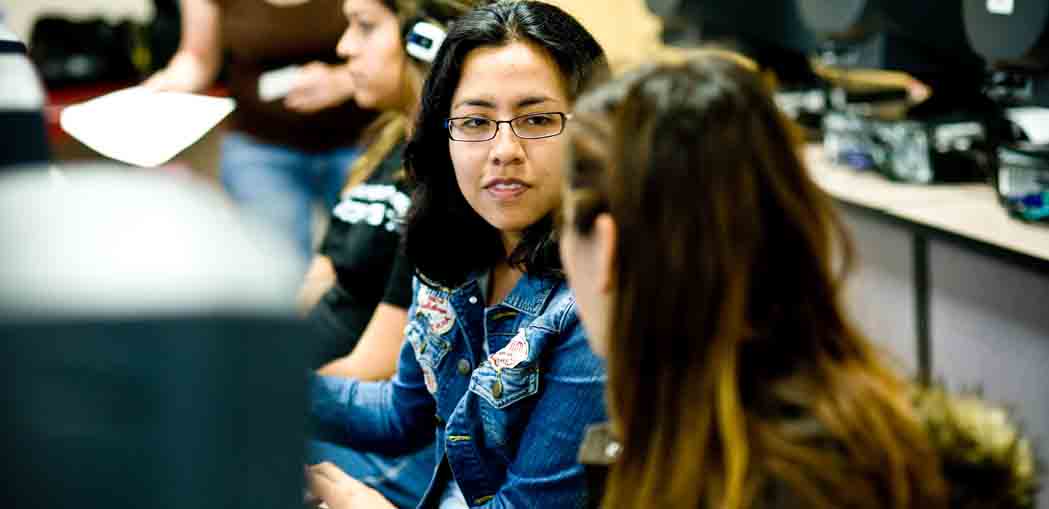Lessons and IWitness Activities for National Bullying Prevention Month

USC Shoah Foundation’s educational resources can help educators observe National Bullying Prevention Month in October by teaching students about acceptance, resilience and other relevant topics.
Several IWitness activities focus on the consequences and effects of racism – a common reason for bullying. Fighting in the Face of Racism introduces students to two World War II veterans who liberated Jews during the Holocaust, yet were subjected to racism and prejudice in the United States before and after the war. In 1936 Olympics: Race, Politics and Civil Rights, students learn how racism manifested itself during the 1936 Olympic Games, both against Jewish athletes in Berlin and African American athletes in the United States.
Other activities help students empathize with people who were victims of intolerance. Chance and Choice illustrates some of the horrifying experiences that persecuted people went through during the Holocaust and how some managed to survive through personal strength and resilience. In New Beginnings: Journey to America, students learn about the difficulties faced by survivors who immigrated to America after the war. Both activities can help students put themselves in the shoes of someone who has been bullied and understand the consequences of their actions.
In addition, The Power of Words can teach students about the importance of speaking out against intolerance, as Elie Wiesel did with his book Night.
IWitness’s Information Quest activities each focus on a specific survivor and can all provide insight into the experiences of people who have experienced prejudice.
A number of lessons on the USC Shoah Foundation website also address topics related to bullying, including the consequences of intolerance and the importance of speaking out against something you know is wrong. The Pyramid of Hate lesson introduces students to the idea that prejudiced attitudes and small acts of hatred can lead to violence and genocide. In Rescue: Ordinary Individuals Making Extraordinary Decisions, students learn about efforts that Jews and non-Jews made, often at great personal risk, to save lives during the Holocaust.